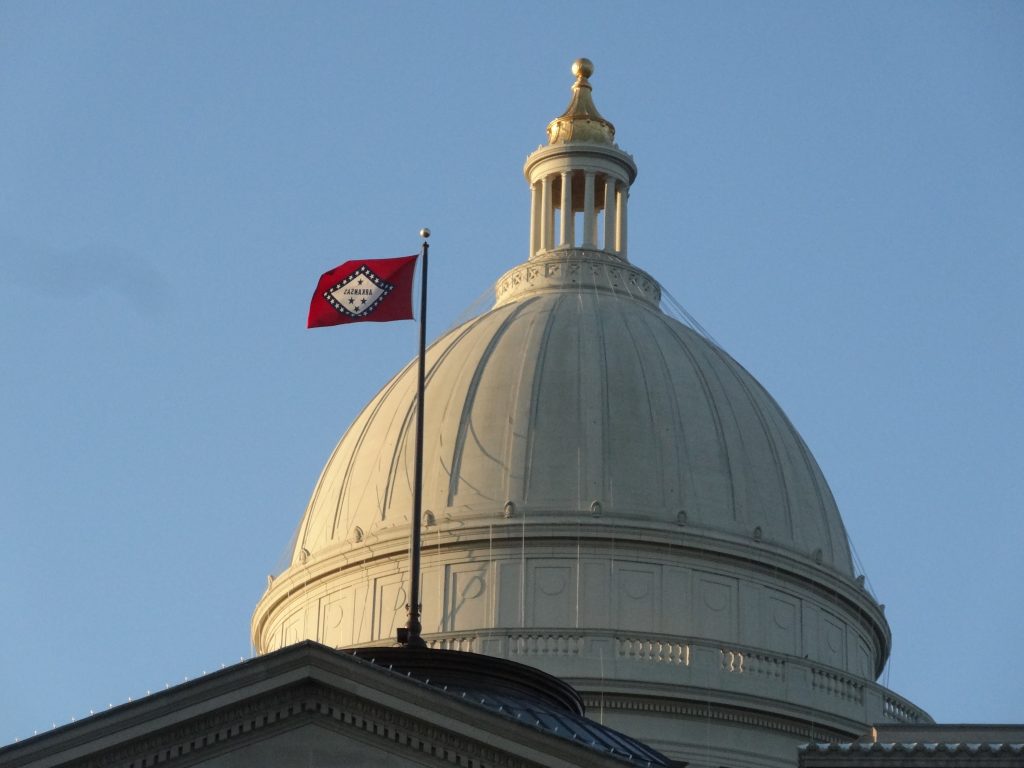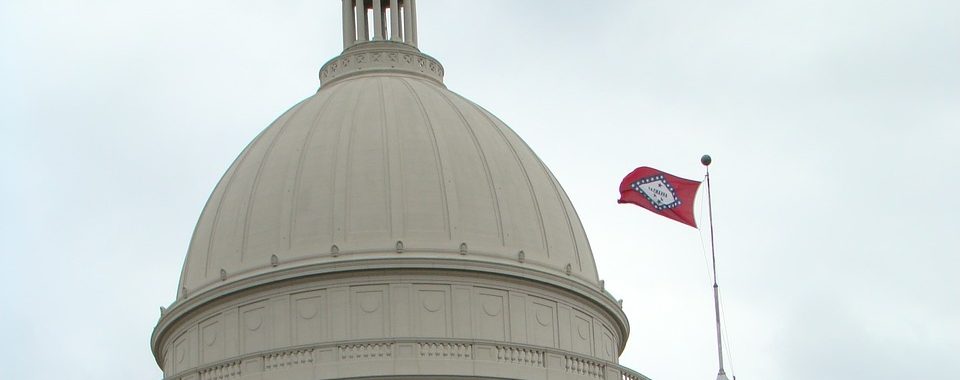Updated: House Committee Passes H.B. 1204 Limiting What Injured People Can Receive in Medical Damages

On Tuesday the House Judiciary Committee passed H.B. 1204, a bad bill that limits what people can receive in damages when someone injures them through no fault of their own.
H.B. 1204 effectively reduces what trucking companies and other big businesses might be forced to pay when they injure a person or family.
The bill also benefits insurance companies, but it could hurt regular people who have faithfully paid their premiums. It is likely to deprive the injured party of the full benefit of their insurance and deny them full compensation for the harm that they suffered.
That might increase the insurance companies’ profits, but there is no guarantee it will result in lower premiums for customers.
Family Council is concerned about potential, unintended consequences this bill could have on families.
H.B. 1204 now goes to the entire Arkansas House of Representatives for a vote. You can read H.B. 1204 here.
Articles appearing on this website are written with the aid of Family Council’s researchers and writers. This article has been updated to include information regarding H.B. 1204’s passage in the House Judiciary Committee.




